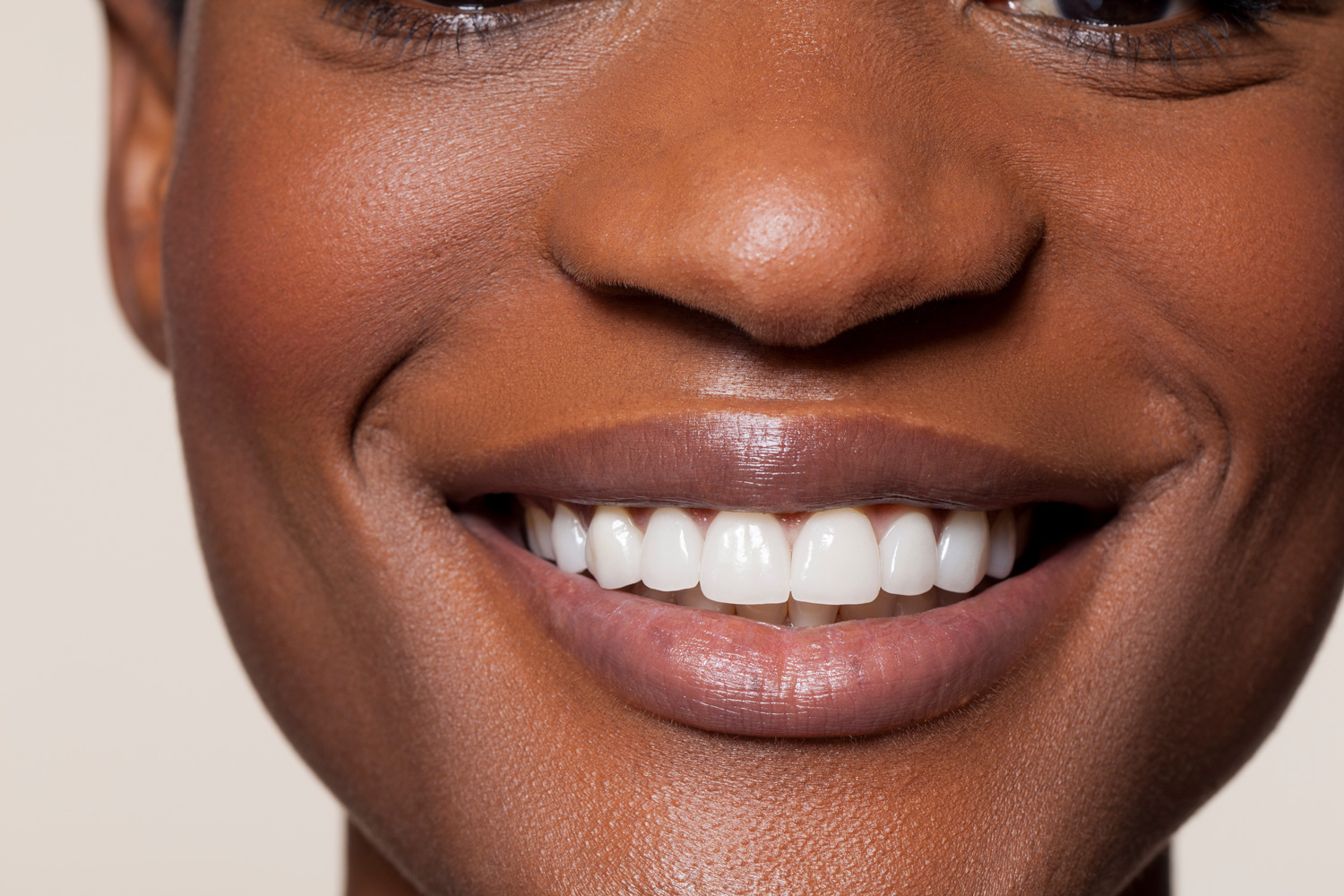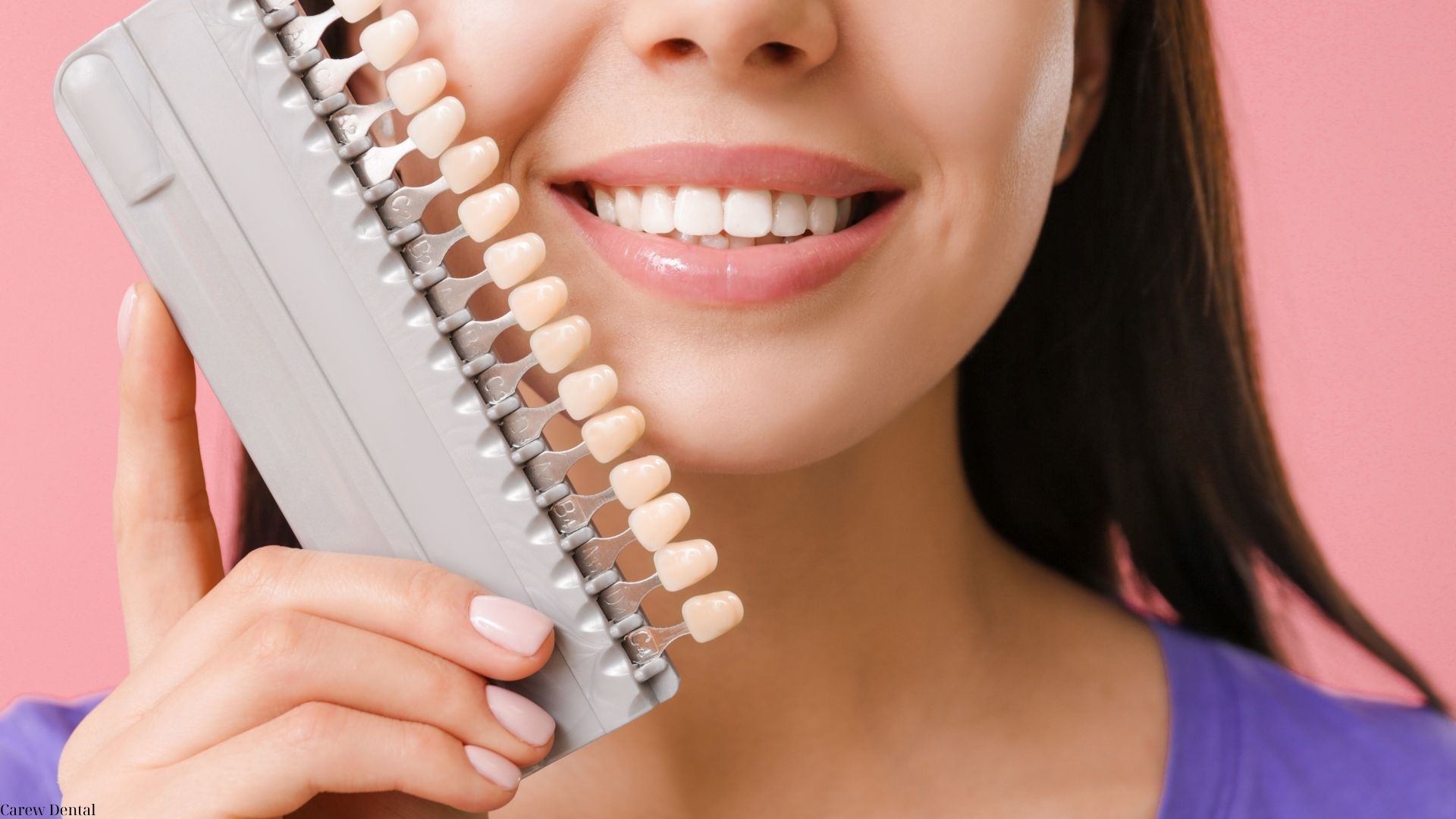At the beginning of the 21st century, nearly a third of the population smoked; cigarette smoke was prevalent everywhere – high streets, pubs, even airplanes. Since then, comprehensive public health measures – including bans on smoking in public spaces, extensive educational programs, and hefty taxes on tobacco products – have dramatically reduced the visible impact of cigarette smoking and its associated terminal illnesses. However, as traditional smoking has declined, a new trend has emerged: vaping. Marketed as a safer alternative, e-cigarettes and other vaping devices have rapidly gained popularity, especially amongst younger generations. Yet despite their cleaner image, early research increasingly suggests that vaping carries its own set of oral and systemic health risks that may warrant similar public health scrutiny.
What Is Vaping?
Vaping is actually a much older concept than you may think, with the first documented reference dating back to a patent granted in 1930. However, there is no evidence to suggest a working prototype was manufactured. Nonetheless, the idea was not abandoned. Between the 1960’s and 1990s a plethora of devices resembling the modern e-cigarette were produced, and attempts were made to commercialise their products to no avail. It was not until 2003 that the first commercially successful e-cigarette was created in Beijing, China. This product, and those that followed, works by using a battery to heat a liquid – commonly containing nicotine, propylene glycol (PG), vegetable glycerin (VG), and flavourings – turning it into vapour that the user then inhales. A process that mimics the act of smoking without involving combustion.
Since 2003 the e-cigarette market has exploded, with new innovations regularly finding their way to the market. As we stand now, the options available to vapers are vast, from the chunky modular vapes found in ‘vape shops’ to the pocket-sized disposables sold in virtually every convenience store across the nation.
How Does Vaping Affect Your Oral Health?
As aforementioned, vaping has often been considered a ‘healthy alternative’ to smoking. However, the implications it can have on your health are numerous, and their impact should not be understated.
One of the most immediate effects of vaping is dry mouth – a reduction of saliva production – caused by the PG and VG found in vape liquids. Saliva plays an integral role in preserving the health of your mouth; by neutralising acids, washing away food debris, and helping kill bacteria, it reduces the likelihood of gum disease, tooth decay, and persistent bad breath. As such, when saliva production is reduced as a result of vaping, the user’s mouth becomes increasingly prone to such problems.
Another health implication often observed in patients who vape is the restriction of blood flow to the gums as a result of the nicotine commonly found in vape liquids. Healthy gums rely on an unrestricted supply of blood to deliver oxygen and nutrients, which are essential to tissue repair and fighting off infections. Therefore, when this supply is limited, users become increasingly susceptible to inflammation, infection, and ultimately, gum disease (periodontitis). In severe cases, untreated gum disease as a result of restricted blood flow can culminate in a breakdown of bone and tissue that support the teeth, ultimately resulting in tooth loss.
Furthermore, the liquids used in vapes are often acidic and ‘sticky’ in nature, providing an ideal environment for plaque formation. Over time, this plaque buildup contributes to the erosion of tooth enamel, which is the first line of defence against decay. As enamel weakens, teeth become more susceptible to cavities and increased sensitivity. Compounded by the reduction in saliva production, vaping has a detrimental impact on users’ risk of tooth decay.
Despite vaping not requiring any combustion, the process of creating the vapour still requires the liquid to be heated to temperatures ranging from 90°C to 200°C. Such high temperatures combined with the exposure to nicotine and other chemicals found in vape liquids can burn and irritate the sensitive tissues inside your mouth, leading to small areas of damage or lesions. Over time, repeated irritation may increase the risk of more serious conditions.
A final potential impact of vaping is oral cancer; however, it is crucial to note that current research has not definitively proven a direct link between the two. Since vaping is a relatively new habit, we simply don’t have enough long-term data to understand how a lifetime of vaping might affect your mouth. Nonetheless, early reports and anecdotal evidence suggest there could be a causal relationship between the two.
What Can You Do? – Prevention and Guidance
If you’re currently vaping, there are several proactive steps you can take to protect your oral health. Firstly, make sure to schedule dental health examinations and hygiene visits so any potential damage can be caught early. What is more, when attending these appointments, it is crucial that you are open about your vaping habits; this will help your clinician create a personalised care plan tailored to your needs. In addition, ensuring you maintain a consistent routine of brushing twice daily and flossing regularly is crucial to mitigate the effects of vaping.
For those looking to quit vaping, consider making use of available cessation resources. Organisations like smokefree and the NHS as well as local support groups, offer valuable guidance and support as you work toward reducing your dependence and eventually quitting.
Conclusion
In summary, while vaping is often promoted as a safer and healthier alternative to traditional smoking, it is clear that it still poses significant risks to your oral health. Reduced saliva production, increased plaque buildup, and the resulting risk of cavities, gum disease, and tissue irritation are all potential outcomes of using e-cigarettes. As such, it is essential to be proactive about your dental care; maintain your oral hygiene, make regular visits to the dentist, and for those of you who do vape, consider quitting or reducing your dependency.
Author: Alfie Thirkettle, Marketing Lead at Carew Dental



